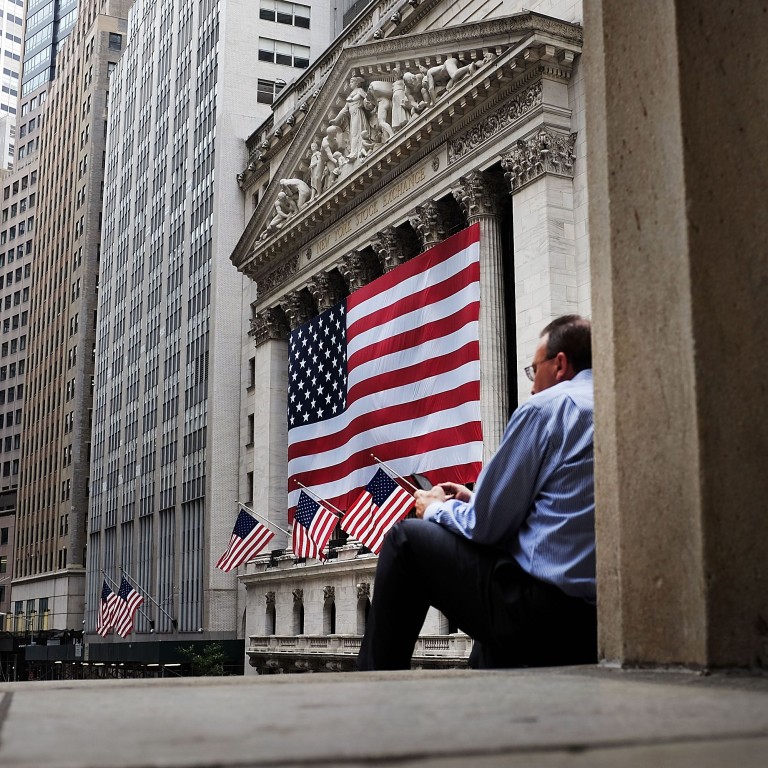
Why financial reforms are a likely cause of the rout in global stock markets
David Folkerts-Landau says the volatility that has hit global markets may be a result of regulatory changes that have made the system less stable
Over the past two weeks or so, global equity markets have suffered violent moves reminiscent of the financial crisis. Such turmoil should be viewed as a reflection of post-crisis reforms to financial markets rather than any change in economic fundamentals.
The speed and volatility of these moves caught investors by surprise. In six trading sessions, the Shanghai index plummeted by a quarter. Meanwhile, the S&P 500 fell a tenth and European shares dropped by 16 per cent from their April highs. In all, 30 of the world's largest bourses dropped by 20 per cent from recent peaks.
A temptation is to blame China. But global markets were pretty much ignoring news out of China until very recently. After all, the country only accounts for 15 per cent of US exports, for example. And stock market busts (and booms) are hardly exceptional in China. The equity wealth effect is much lower in China than in advanced economies - shares are a smaller portion of overall wealth. And the sell-off in China's stock market, while nasty, only returns valuations to where they were at the beginning of the year.
These latest gyrations in global equity markets raise serious questions about the impact of financial reforms on the efficiency of price discovery in markets
We need to look elsewhere for fundamental explanations.
What about growth? Output growth in America, the euro zone, Britain and Japan is further improving and China's economy is well supported.
Another factor that has not changed is quantitative easing policies, pushing investors into riskier assets. The euro zone and Japanese central banks are still purchasing securities while the US Federal Reserve is not expected to shrink its balance sheet any time soon. Policymakers are far from emptying their monetary toolboxes.
In sum, nothing fundamental has changed. So, post-crisis reforms to the global financial system may be to blame for the incredible market volatility. New regulations such as the "Volcker rule" prohibiting the trading of stocks have meant banks can no longer perform the stabilising role they used to. Inventory levels are down while the top 10 biggest players in equities are committing only half the risk to equities they did five years ago.
So banks have less skin in the equity game just as investors need it most. Liquidity has suffered. Equity trading volumes and transaction sizes have fallen dramatically since the financial crisis. For example, transaction sizes in Hong Kong are down two-thirds.
These latest gyrations in global equity markets raise serious questions about the impact of financial reforms on the efficiency of price discovery in markets. Much of the new regulation is necessary and welcome. But policymakers should consider whether we are also now seeing a cost.
